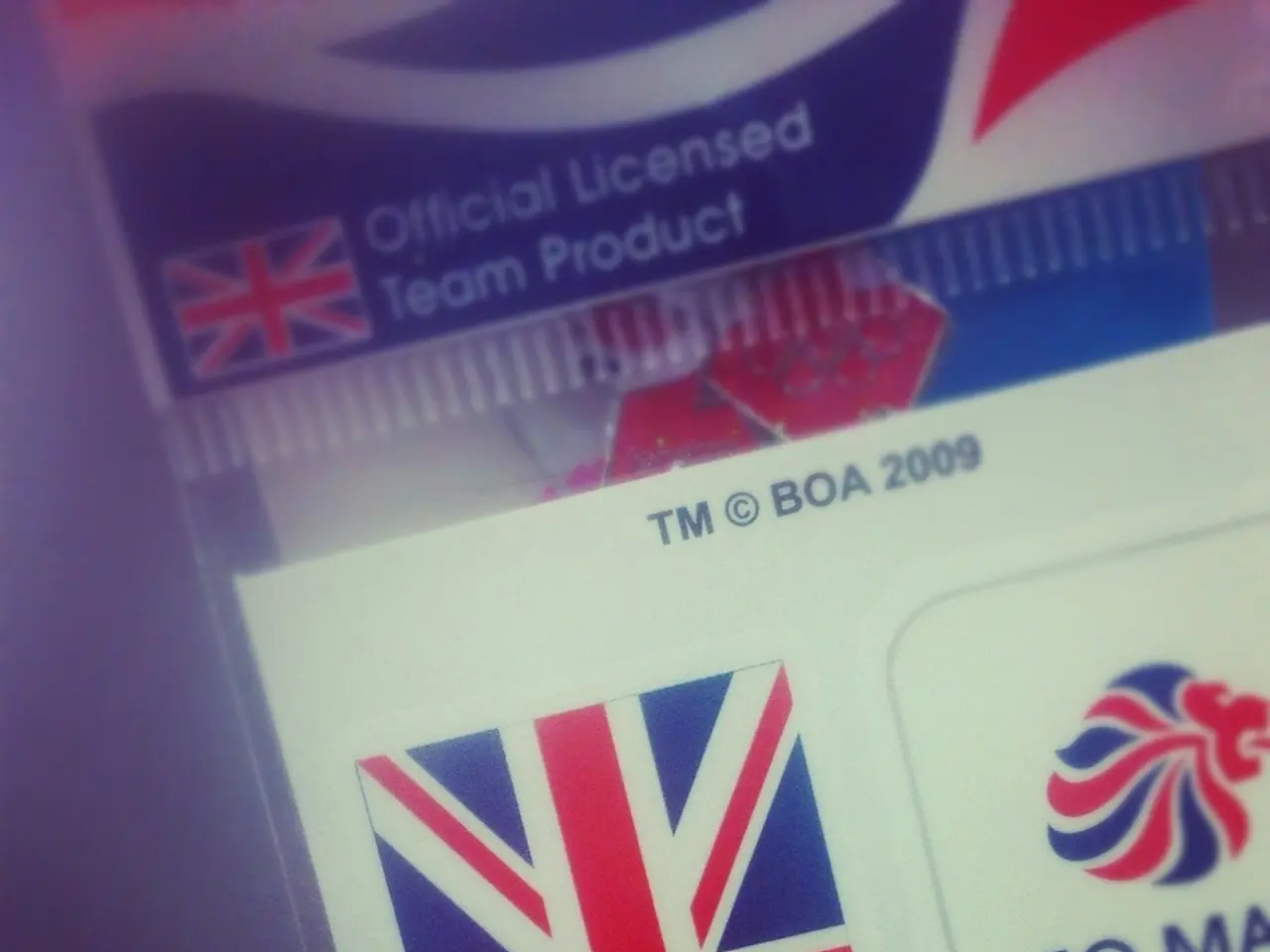Questionable Business Practices: Payone Caught in Money Laundering Scandal
Subsidiary of Sparkassen under scrutiny for adult content and gambling operations: Payone facing criticism - Businesses offering adult content and gambling services under scrutiny: Payone facing mounting pressure
In the world of digital payments, Frankfurt-based company Payone is a big name, handling over five billion transactions annually for clients like Aldi, Rewe, and Karstadt. With more than 270,000 companies relying on their payment service, Payone has marketed itself as an all-in-one solution, promising free customer service and increased conversion rates.
Lax Approach to Money Laundering Prevention
However, recent investigations by news magazine "Spiegel" have uncovered questionable dealings, with Payone reportedly failing to adequately vet clients from the porn, dating, and gambling industries, potentially exposing itself to the risk of money laundering.
According to reports, doubtful clients did not receive the proper background checks, with financial supervisory authority Bafin, auditors, and even a bank criticizing Payone's handling of these clients. The company is accused of "serious shortcomings" in complying with due diligence under the Anti-Money Laundering Act.
A History of Questionable Deals
Investigations suggest that Payone took over suspicious clients from the bankrupt Wirecard group years ago, alerting the Bafin. The authority subsequently prohibited Payone from doing business with hundreds of high-risk clients two years ago. However, some of these clients are now being served by Payone's majority shareholder Worldline, essentially by sister companies of the company.
Upon being asked, Payone told "Spiegel" that they had implemented corrective measures, including mechanisms to prevent future business with risky customers. They claimed these changes were made in response to increasing regulatory requirements and in close cooperation with the supervisory authority.
Behind the Scenes
In the shadows, Payone was deeply involved in a network connected to Ray Akhavan, known as the "porn baron," a criminal with acolorful past. Akhavan was a key figure in these controversial business dealings.
The ongoing scandal has sparked investor concern, resulting in a dramatic drop in Worldline's share price following the media exposés and regulatory actions.
As the dust settles, it seems that Payone's questionable business practices have far-reaching implications, with potential money laundering activities exposed on a grand scale. Regulatory pressure continues to mount as the company works to address its shortcomings and rebuild trust in its services.
The Commission, in light of the financial implications and potential business damages resulting from the money laundering scandal involving Payone, may consider amending the Anti-Money Laundering Act to include stricter regulations for digital payment companies. Meanwhile, Worldline, as the majority shareholder of Payone, faces criticism for seemingly continuing to serve high-risk clients despite regulatory actions against Payone in the past.






